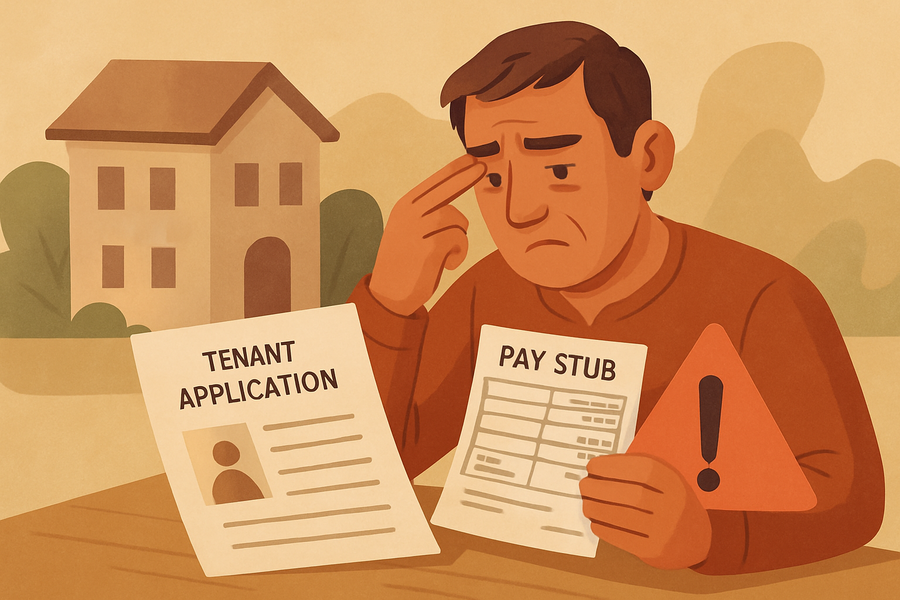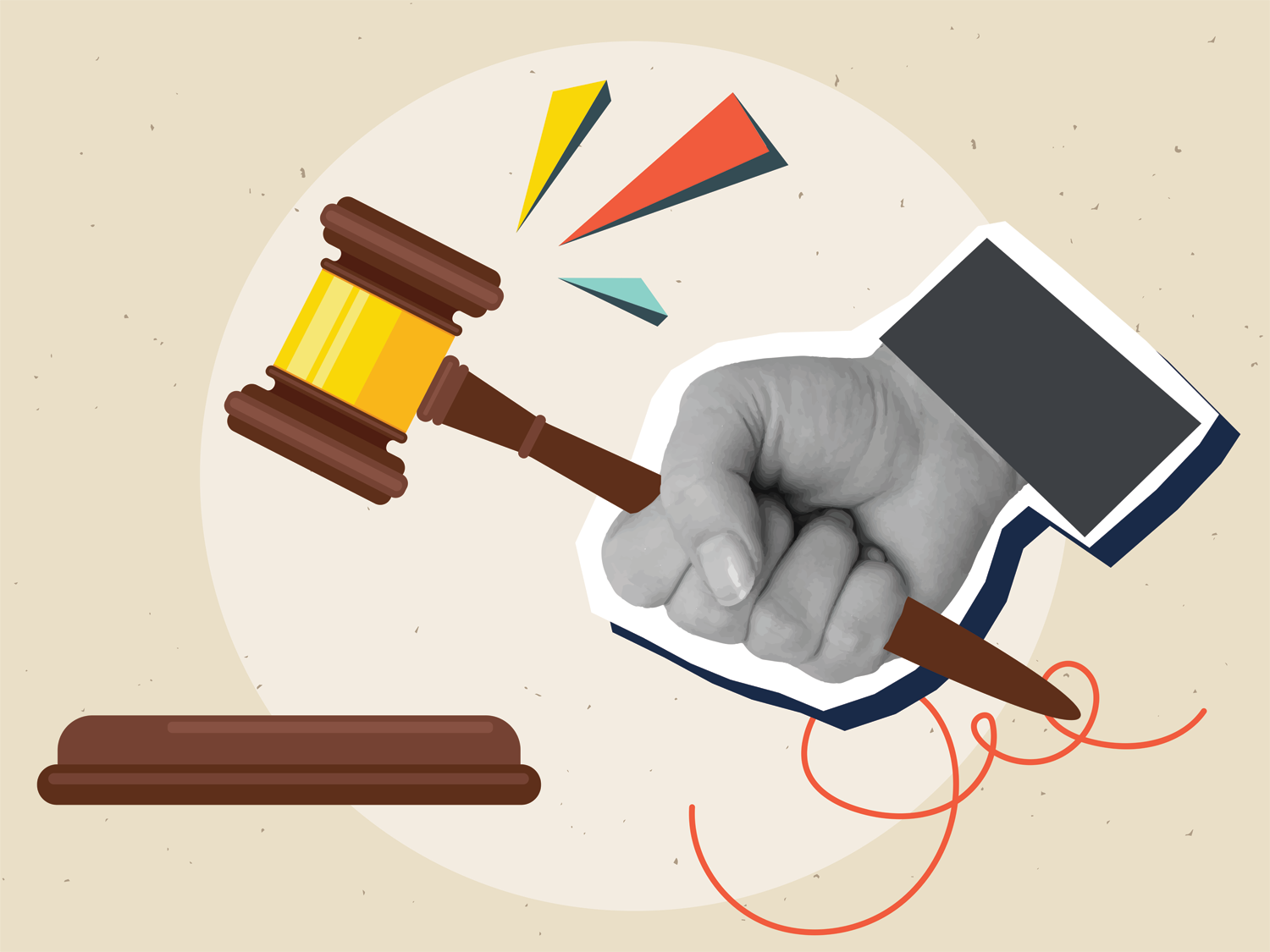When is a tenant responsible for repairs?
 Whether you own a home or rent one, things eventually break, malfunction, or wear out.
Whether you own a home or rent one, things eventually break, malfunction, or wear out.
Generally if you’re a renter and you break something, you pay to repair it. If something breaks not because of you, such as because of age, the landlord is typically responsible. But what about minor repairs that are inexpensive or simple enough to do yourself?
You might be better off just handling them yourself. Before calling the landlord for every minor maintenance or repair issue, consider who should really be handling those repairs.
Check your lease agreement for repairs
There’s no need to stress out the moment that bathroom sink faucet starts to drip. Before wondering if you’re in charge of such repairs, check your rental agreement. In most cases, the contract discusses which repairs are the landlord’s responsibility and which may be yours.
For instance, Landlordology writer and rental owner Laura Agadoni includes language in her rental agreements noting that tenants are responsible for repairs $50 or less. Anything costing more is her responsibility, as long as the tenant or tenant’s guests didn’t cause the repair issue.
Is it a big deal?
If your lease isn’t clear about who should handle your specific repair issue, consider whether the problem is a big deal or a minor annoyance. For instance, if your entry door won’t lock properly and never has, your landlord should fix it, as your safety is at stake. If your cat uses the window blinds as a ladder, destroying them in the process, this isn’t such a big deal. It’s also an issue that you are definitely responsible for, since your pet caused the problem.
If that leaky faucet keeps you awake at night, the landlord may be willing to fix it, especially if they pay the water bill. It doesn’t hurt to submit a written repair request for something like this if you aren’t sure whether it’s your responsibility. Even so, use those repair requests sparingly, as no landlord enjoys being pestered repeatedly by the same tenant for somewhat minor concerns.
Check your state’s laws
Tenants have a right to habitable living conditions in every state. For instance, a functional heat system is a requirement. If your heating unit breaks down, the landlord must repair it, no matter where in the United States you live.
Some states such as Washington take things farther, noting that a landlord cannot legally make the tenants responsible for any repairs except when the tenant or their guests caused the damage.
If your repair issue is potentially difficult or costly and isn’t an obvious landlord responsibility, check your state laws for more clarity.
Handle what you can
Minor things such as burnt-out light bulbs or mildew in the shower are typically the tenant’s responsibility. Even if this isn’t spelled out in your agreement, it’s usually easier to deal with the issue yourself than to contact the landlord over what amounts to a minor annoyance.
If a screw is missing from the deadbolt hardware, replace it yourself.
A stain on the carpet near the front door is also easier to deal with yourself; the landlord usually isn’t responsible for cleaning-related issues.
On the other hand, if there’s mold and a wet, sagging spot on the bathroom ceiling due to a leak in an upstairs unit, it’s not your responsibility. But you should report it immediately before things get worse.
Definitely your responsibility
Certain maintenance issues are always your responsibility, unless your contract states otherwise.
It’s up to you to replace light bulbs and batteries in smoke detectors.
You also must keep the appliances clean, even if they belong to the landlord.
Even though it’s a rental unit, treat it as if you own the space. Keep the floors, walls, kitchen, and bathroom clean and in the best condition possible. The landlord expects the unit to be in the same condition when you move out as when you moved in, other than normal wear.
What not to do
Even if you have the skills of a general contractor, don’t make major repairs yourself without the landlord’s consent. Patching a nail hole in a wall and repainting the spot to match the wall is okay; painting “ugly” walls an entirely new color is not. Likewise, replacing a window you broke may seem like the right thing to do. In the landlord’s eyes, it might be all wrong. The window may not match the rest of the building’s windows.
Do not make any such repairs without asking the landlord first. The landlord may prefer to use their own contractor or do the work themselves and send you the bill. This ensures the work done meets your landlord’s standards.
In a nutshell, handle simple things such as light bulbs and cleaning yourself. Consult your rental agreement for anything that seems like a gray area. Major issues such as heat and electricity are definitely up to the landlord.







